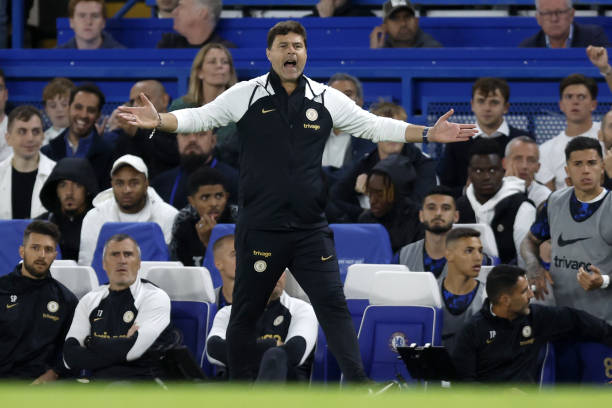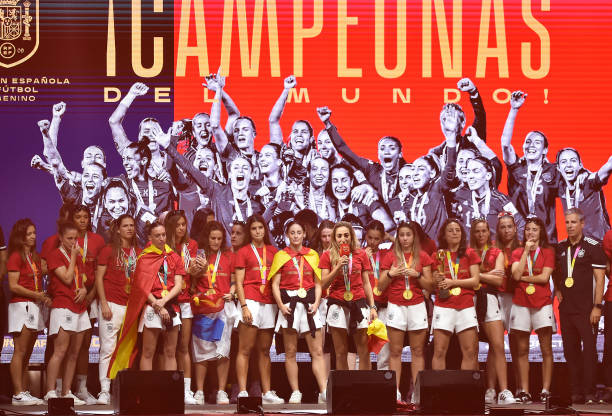In the unlikely event that Qatar should win the World Cup on home soil this year, they would become the smallest country to do so in terms of population, with just 2.8 million permanent inhabitants.
It is not entirely beyond the realms of possibility. After all, just over 4 million people live in Croatia, and they made the final against France in Moscow four years ago (and were semi-finalists back in 1998).
However, when it comes to punching above their weight, nobody can compare with Uruguay. Just 3.5 million people live in the small South American country, yet they have a long and proud footballing record.
Having won the Olympics in both 1924 and 1928, they were chosen to host the inaugural World Cup in 1930 and promptly won it.
Twenty years later they repeated the feat, stunning Brazil in the final in front of their own fans in Rio in the final. In fact, had they not chosen to skip the World Cups of both 1934 and 1938 for a mixture of economic and political reasons, they might have enjoyed even more success in this golden era for them.
Since then they have finished fourth on three occasions, and have twice been quarter-finalists, most recently in Russia.
But it is not just in World Cups that they have enjoyed success. Along with Argentina, they have won the Copa América (South America’s version of the European Championship) a record 15 times and finished runners-up a further six times.
To put that into context, Brazil have only won it on nine occasions.
Much of the football ecosystem into the country is centred around the capital Montevideo, which not only contains 40% of the country’s population, but also is home to 12 of the 16 teams that make up the country’s top flight league, the Primeira División. They include Uruguay’s two most successful and best-known sides, the rivalry between whom is one of the fiercest in world football.
In Uruguay, they start the hunt for players early. Every weekend, around 60,000 children play organised competitions through “Baby Football” schemes, where they get access to coaches and structured training sessions. Alongside this, there are hundreds of street games, where skills are honed as is toughness of mentality.
Unlike some other South American countries, Uruguay places emphasis on teamwork, organization, and combativeness, rather than flair. Whilst individuality is encouraged, it cannot come at the expense of the team.
There is also a degree of cynicism in their play. It is perhaps no coincidence that they earned the fastest red card in the history of the World Cup when left-back Jose Batista was sent off after just 56 seconds of their group game against Scotland in 1986.
That they subsequently held the Scots to a goalless draw, despite playing almost the entire match a man down speaks volumes about their character and fierce determination.
This time round they find themselves drawn in Group H alongside Portugal, Ghana and South Korea. They will be considered the favourites to advance to the next round along with the Portuguese.
Uruguay may not win the tournament this time, but it would be no surprise if they reach the latter stages of the competition again.

Must See
-


Champions League
/ 8 months agoChampions League – Matchday 2
Almost in the blink of an eye we reached the second day of the...
-


Premier League
/ 8 months agoThe bad start for Poch’s Chelsea
Since Todd Boehly’s arrival as club owner in the summer of 2022, Chelsea have...
-


Premier League
/ 8 months agoJadon Sancho’s feud with Erik Ten Hag continues
Manchester United winger Jadon Sancho’s time at Old Trafford has been torrid, to say...



